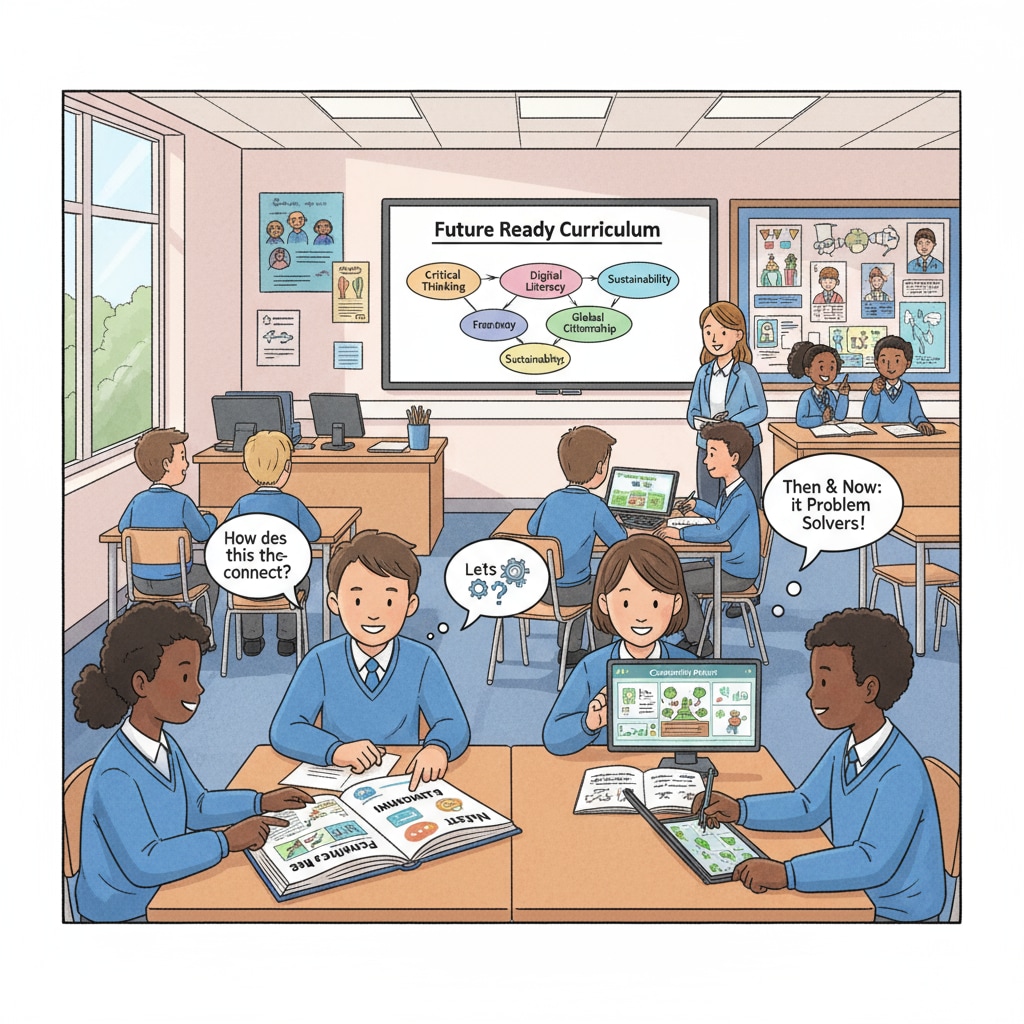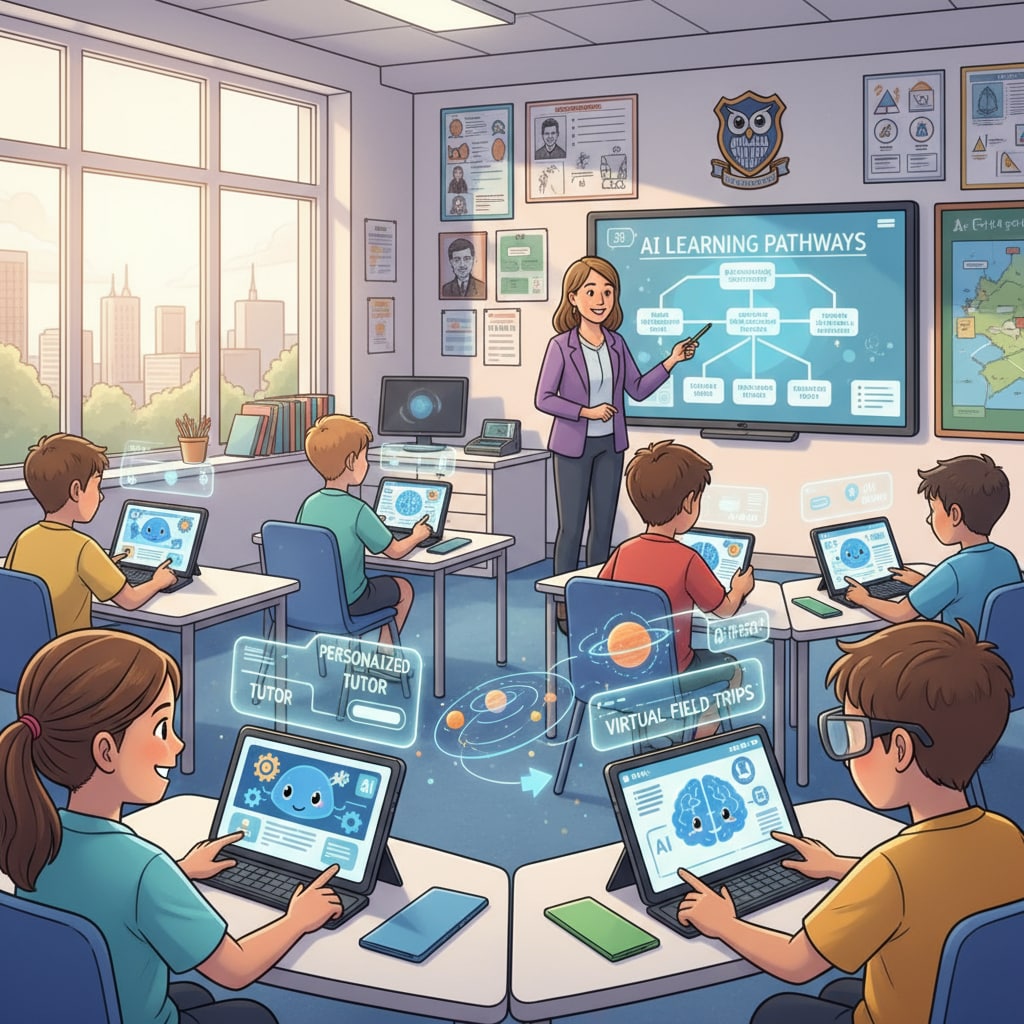The UK education system is at a crossroads, facing numerous challenges while also being presented with new opportunities, especially in the areas of curriculum reform, the impact of AI, and student assessment. In the K12 context, these aspects are crucial for shaping the future of students.

The Current Challenges in the UK K12 Education System
The existing UK K12 education system has several flaws. Firstly, the curriculum often appears rigid. It may not adapt quickly enough to the changing demands of the modern world. For example, the rapid development of technology means that students need more in-depth digital skills training, but the curriculum might not provide sufficient coverage. Secondly, the assessment methods are rather one-dimensional. Traditional exams may not accurately reflect a student’s overall abilities, knowledge, and potential. This narrow focus can limit a student’s development and may not prepare them well for real-world challenges.
The Impact of AI on UK K12 Education
AI is revolutionizing the learning environment in UK K12 education. With the rise of AI, personalized learning has become more achievable. Adaptive learning platforms can analyze a student’s learning patterns, strengths, and weaknesses, and then customize the learning content and pace accordingly. For instance, an AI-powered tutoring system can provide immediate feedback and targeted instruction, enhancing the learning experience. In addition, AI can also facilitate access to a vast amount of educational resources, breaking down geographical and resource barriers. Artificial intelligence in education on Wikipedia

Curriculum Innovation as a Key Reform Path
To address the challenges, curriculum innovation is essential. The curriculum should be more flexible and interdisciplinary. Incorporating subjects like coding, data science, and environmental studies can better equip students for the future. For example, integrating coding into the curriculum from an early age can help students develop logical thinking and problem-solving skills. Moreover, project-based learning can be emphasized, allowing students to apply theoretical knowledge in practical situations, promoting creativity and teamwork. Educational curriculum on Britannica
Diversifying Student Assessment
Student assessment needs to be diversified. In addition to traditional exams, methods such as continuous assessment, portfolio assessment, and peer assessment can be introduced. Continuous assessment, which includes classroom participation, assignments, and quizzes, can provide a more comprehensive view of a student’s progress. Portfolio assessment allows students to showcase their long-term achievements and growth. Peer assessment encourages students to learn from each other and develop critical thinking skills.
In conclusion, the UK K12 education system requires significant reforms in curriculum, assessment, and in leveraging the power of AI. By implementing these changes, the system can become more inclusive and forward-looking, better preparing students for the complexities of the 21st century.
Readability guidance: The article uses short paragraphs and lists to summarize key points. Each H2 section provides a clear perspective on different aspects of the UK education system. The passive语态 is minimized, and transition words are used throughout to enhance the flow of the article.


